Suppose you're seeing Musorgsky's selective historical opera for the first time in Richard Jones's production, without any prior knowledge of the action. That child's spinning-top on the dropcloth: why? Then the curtain rises and we see Bryn Terfel's troubled Boris Godunov seated in near-darkness, while a figure with an outsized head plays with a real top in the upper room before being swiftly despatched by three assassins. The playback repetitions are the thing to catch the conscience of the tsar-king. Later, chronicler-monk Pimen gives us the back-story about the murder of the heir-apparent; wily courtier Shuisky uses the spinning-top in his version to push Tsar Boris over the edge. All this without "several years earlier" texts flashed up in a masterpiece of focused story-telling, clear and comfortless, to match the austere musical narrative.
Moves had been afoot to add extra music from Musorgsky's 1871 expansion to the 1869 original in this Royal Opera revival, but finances said "no". A shame; imagine what scary rigour Jones would have bought to the Kromy Forest uproar which portends chaos once the Tsar is gone. As it is, though, the line of the original seven scenes, played for over two hours without an interval, is classical perfection, with Miriam Buether's lithely mobile set designs, costume designer Nicky Gillibrand's splashes of brilliant colour and Mimi Jordan Sherin's idiosyncratic lighting casting Eisensteinesque shadows on the wall of the upper room (Coronation Scene pictured below). We may not be directly moved, but we're never bored. 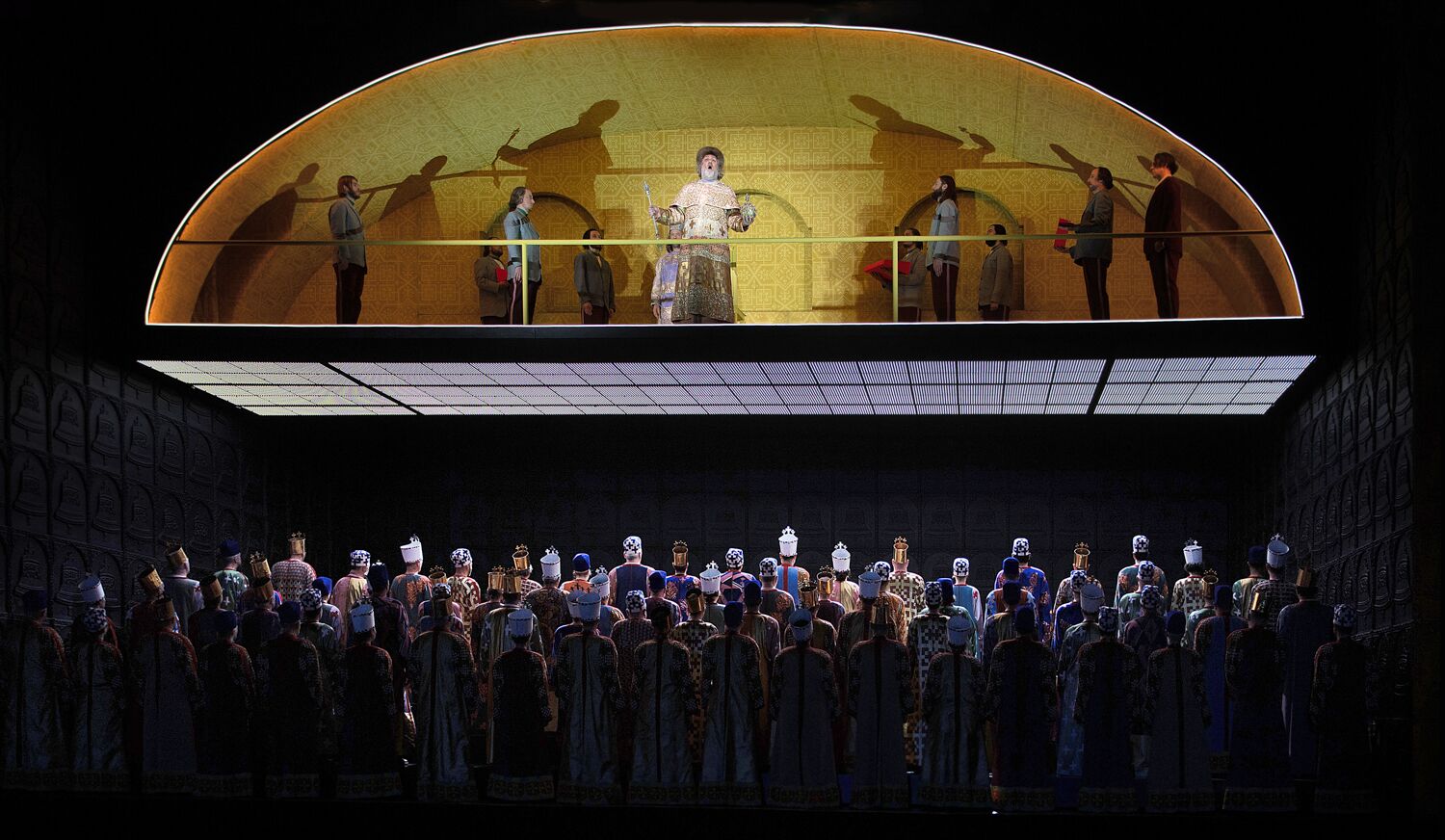 Terfel's tsar, though he becomes the centre of the first version, never dominates in the histrionic fashion of Chaliapin or Christoff. Sung and acted with the natural authority which explains the firm decisions of Boris's reign - perhaps we should phoneticize it to "Ba-rees" to prevent any uwanted visions of a horror rule to come - it's also a characterisation to embrace the ruler's unsentimental love for his children, and compelling soft phrasing turns the death scene visionary. If anything, it's enriched since the first run.
Terfel's tsar, though he becomes the centre of the first version, never dominates in the histrionic fashion of Chaliapin or Christoff. Sung and acted with the natural authority which explains the firm decisions of Boris's reign - perhaps we should phoneticize it to "Ba-rees" to prevent any uwanted visions of a horror rule to come - it's also a characterisation to embrace the ruler's unsentimental love for his children, and compelling soft phrasing turns the death scene visionary. If anything, it's enriched since the first run.
There are a couple of performances a notch down from the ones in the first run: Matthew Rose is nobly stentorian as the monasterial voice of truth (pictured below with David Butt Philip's Grigory), but doesn't quite connect with the language as Estonian Ain Anger did - the third scene is the one that most needs to be performed in English - and Roger Honeywell's Shuisky seems oddly callow, not a convincing intriguer as John Graham-Hall was first time round, though vocally sweeter. Strong tenor voices are not necessarily the right type; Sam Furness acts the role of the Yurodivy or Holy Fool who dares to speak truth to power so well, but we know it needs a specifically plaintive Russian-tenor sound. 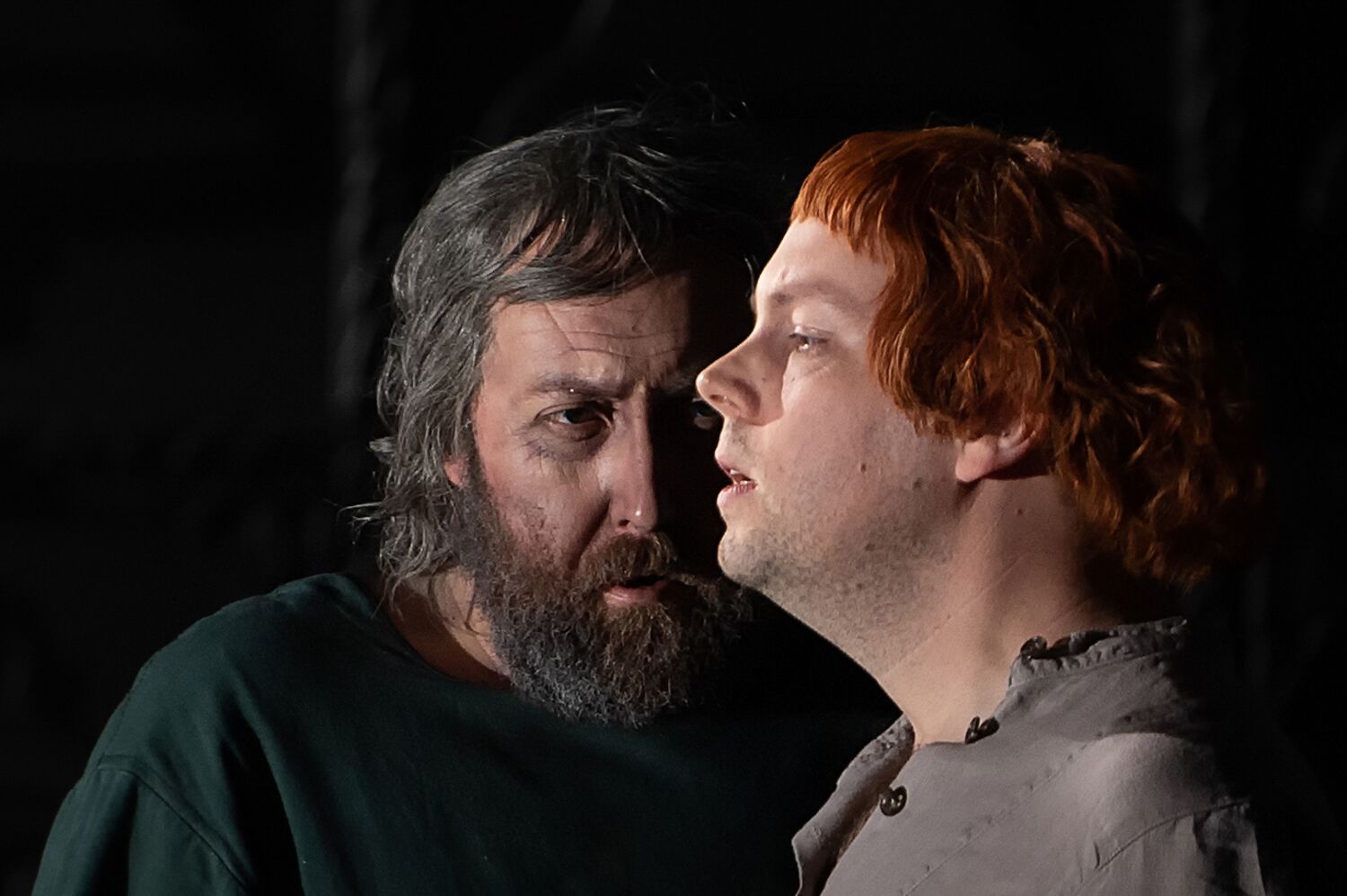 Stentorian assurance comes from the only native Russian singer in the cast, Boris Pinkhasovich as clerk of the Boyars, and refreshed delight from the reined-in knockabout of vagabond monks Varlaam and Missail in the Falstaffian tavern scene; it never made me laugh until I saw the way John Tomlinson's easy way with the song about Kazan was accompanied by Harry Nicoll's sidekick on the spoons.
Stentorian assurance comes from the only native Russian singer in the cast, Boris Pinkhasovich as clerk of the Boyars, and refreshed delight from the reined-in knockabout of vagabond monks Varlaam and Missail in the Falstaffian tavern scene; it never made me laugh until I saw the way John Tomlinson's easy way with the song about Kazan was accompanied by Harry Nicoll's sidekick on the spoons.
Forward movement is assured by conductor Marc Albrecht - phrasing keenly, drawing some fierce trills, tremolos and groans from the Royal Opera Orchestra strings. Rightly he brought chorus master William Spaulding forward to share his bow; the Royal Opera Chorus has never sounded better. The blaze of their "Slavas" is further goosebumped in the Coronation Scene by another repetition of the murder (pictured below). 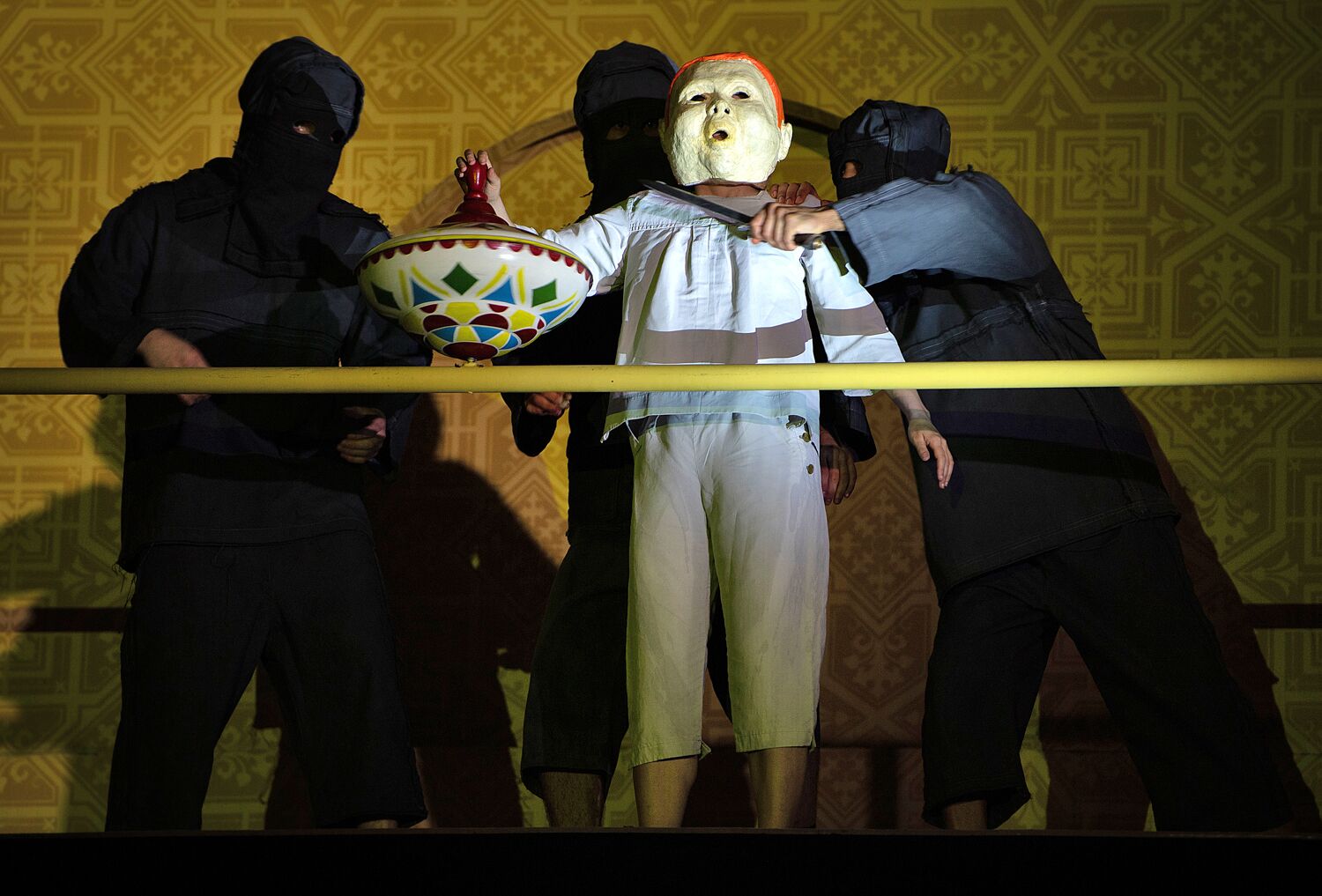 That's one of the few direct physical and emotional shocks we get in this often cold, or at least objectified, work. The other is Jones's final masterstroke. I believe one or two late ritual reprises have gone this time round so as to reinforce the power in the shocking tableau of history repeating itself when Boris's son Fyodor (treble Joshua Abrams, sweet and touching) comes face to face with the Pretender (David Butt Philip, perfect in the limited scope the original version gives his Grigory/False Dmitry). The action happens offstage in the final scene of the Pushkin play on which Musorgsky bases his opera; when an emissary seeks acclaim for the new usurper/ruler, a famous stage direction ends the play: "the crowd remains silent". So did we, for just long enough, at the end of an utterly focused and gripping two hours.
That's one of the few direct physical and emotional shocks we get in this often cold, or at least objectified, work. The other is Jones's final masterstroke. I believe one or two late ritual reprises have gone this time round so as to reinforce the power in the shocking tableau of history repeating itself when Boris's son Fyodor (treble Joshua Abrams, sweet and touching) comes face to face with the Pretender (David Butt Philip, perfect in the limited scope the original version gives his Grigory/False Dmitry). The action happens offstage in the final scene of the Pushkin play on which Musorgsky bases his opera; when an emissary seeks acclaim for the new usurper/ruler, a famous stage direction ends the play: "the crowd remains silent". So did we, for just long enough, at the end of an utterly focused and gripping two hours.

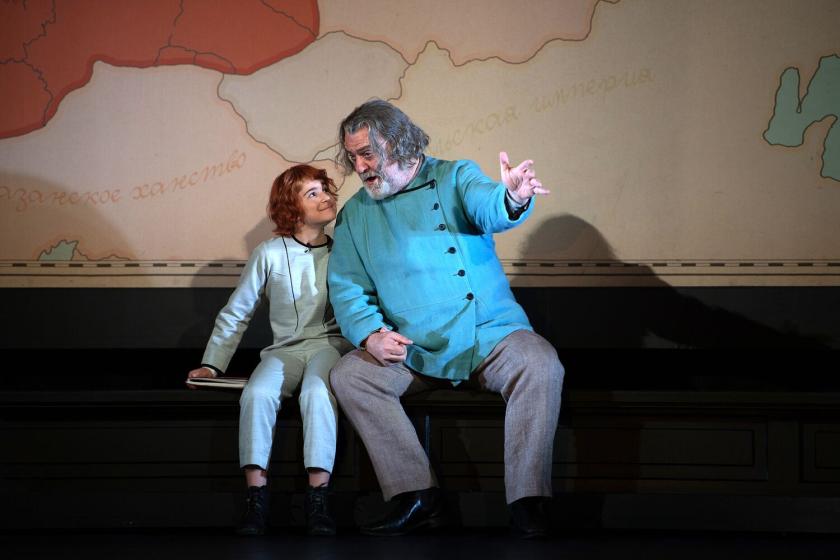




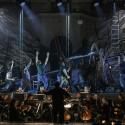
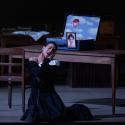
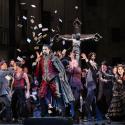

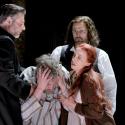
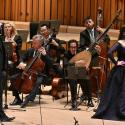
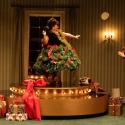
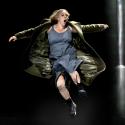
Comments
Add comment